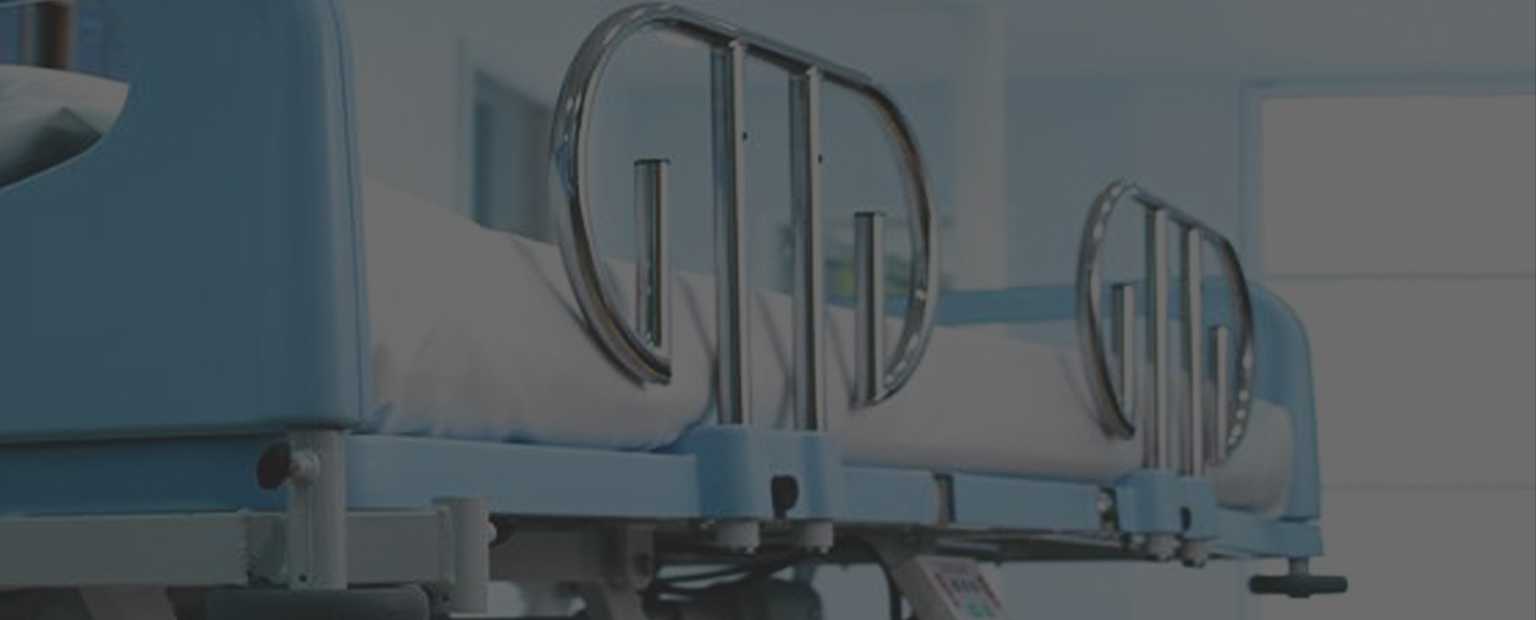

The core business objective was to turnaround the fortunes Nightingale Care Beds through a revision of its core product that offered substantially improved functionality, performance and value.
This step change in market attractiveness had to be achieved in parallel with substantial product cost structure reductions with a very limited tooling budget alongside a total project timetable of 9 months from brief to launch.
The healthcare market worldwide and particularly in developing nations continues to grow but is intensely competitive in many sectors. Hospital beds in particular face extreme price pressure but the needs of certain sectors of the patient population are not met by standard beds.
The rise in obesity has driven this condition to now affect more people world-wide than malnutrition. Nearly a quarter of the adult population of the UK are classified as clinically obese. Of concern specifically here are those people who are defined as morbidly obese or bariatric., typically defined as overweight by 45-90kg.
The care of these patients requires a number of specialist demands relating not only to their weight but also the clinical conditions that result from it. Though a relatively small proportion of the population the numbers are growing significantly and major worldwide healthcare companies offer a number of up-rated and strengthened products to cater for this demand
The development faced a number of core challenges if it was to overcome the competition of much more established and significantly larger competing companies and establish Nightingale Care Beds as a quality specialist provider of bariatric care products.
Extensive primary research with both patients and carers revealed the failures in providing strengthened ‘standard’ product for very overweight patients care. Fully understanding the needs of both carers and patients and incorporating these centrally to the design process was critical. This was central to a solution that addresses fully both the clinical and operational needs of carers but also critically, the dignity and wider well being of patients who are often at the fringes of quality healthcare.
The ProAxis Plus design solution created not only meets but exceeds all relevant safety and performance standards and the demands of the original product design specification including height range, safe working load and pressure relief profiling.
The user centric approach contributed strongly to practical ergonomic and intuitive interface designs. The bed is also extremely easy to clean and maintain and though exceptionally strong is simple to move and position with minimal effort.
The bed has been designed to withstand the rigors of the rental market where ownership and care are notoriously low. Rigorous testing was used to verify design and build principles prior to launch.
Critical to business success the bed was redesigned from the ground up including the introduction of new manufacturing processes and manufacturing supply chain partners from the UK. Both part count and manufacturing time needed to be cut dramatically whilst allowing an increase in list price to not effect increased demand.
The redesign of the ProAxis hospital bed is an example of effective design acting as the driver and catalyst in the turnaround in fortunes of a small company, dedicated to manufacturing in the UK and who has to compete successfully with global healthcare companies with manufacturing and market access across the globe.
Not only does the design solution make a major impact on the commercial performance of a small company but through the application of user centric design principles, good engineering and the understanding of real user needs the product makes tangible and significant positive benefits to both patients and carers in their safety, dignity, care and quality of life.
Within three years of launch sales have increased by 287% and profitability had increased substantially. Product material costs, relative to the previous product were reduced by more than 25% reducing product cost and freeing up cash through reduced stock holding.
In addition assembly time has reduced from 8 hours to 3 reducing costs further and allowing greater flexibility and responsiveness and repairs and maintenance costs have reduced by more than 30% as reliability in the demanding rental market has improved significantly.
Design of the bed drove a number of developments within the company. These included attracting the interest of the largest hospital bed manufacturer in the world who went on to sign an exclusive contract to use the ProAxis bed as their bariatric product in Europe and the Far East opening up significant new markets. In addition the reputation and quality of the bed allowed it to be appointed by PASA (the NHS Purchasing and Supply Authority) as specialist equipment.
NIGEL QUINN
MANAGING DIRECTOR, NIGHTINGALE BEDS

